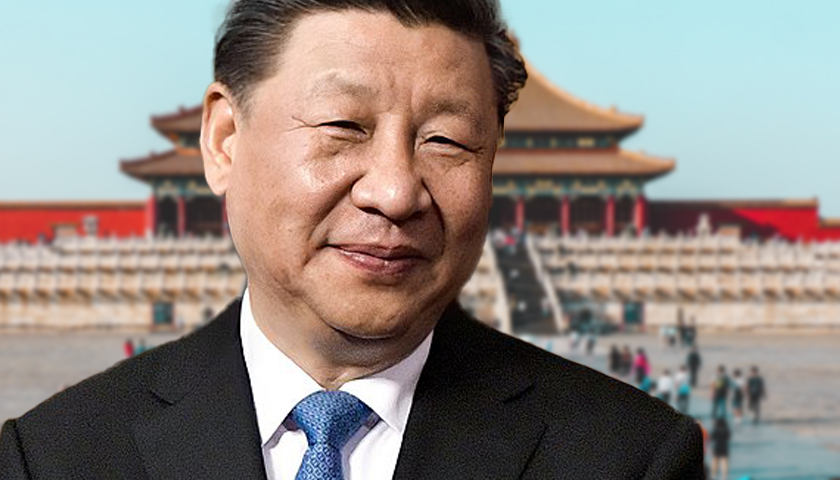Writing in the January/February 2022 issue of Foreign Affairs, the Hoover Institution’s Elizabeth Economy explores Chinese President Xi Jinping’s efforts to shape the international order by “fundamentally transforming the global system” to reflect Beijing’s interests and values. The leader of the Chinese Communist Party (CCP), she explains, seeks nothing less than to replace the U.S.-led post–World War II global order with a “China-centric order with its own norms and values.” To understand what is at stake here, let’s talk geopolitics.
Since the end of the 19th century, the world has been what the great British geopolitical thinker Sir Halford Mackinder called a “closed political system.” The end of the age of discovery ushered in a post-Columbian world where, in Mackinder’s words, “Every explosion of social forces, instead of being dissipated in a surrounding circuit of unknown space and barbaric chaos, will be sharply re-echoed from the far side of the globe, and weak elements in the political and economic organism of the world will be shattered in consequence.” The events of the 20th century confirmed Mackinder’s observation — through two world wars and one cold war, the center of the world’s geopolitical landscape shifted away from Europe to North America and Asia. At the end of this “long war,” which lasted from 1914 to 1989, the formerly Euro-centric international system was at first temporarily replaced by America’s “unipolar moment,” which gradually receded with the emergence of today’s bipolar geopolitical contest between the United States and China.
Read More

